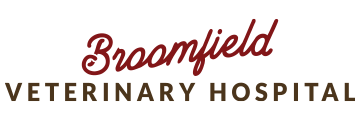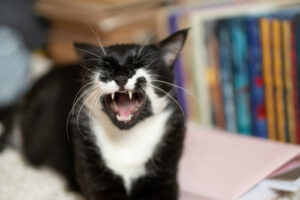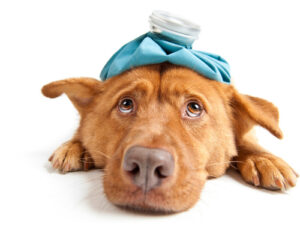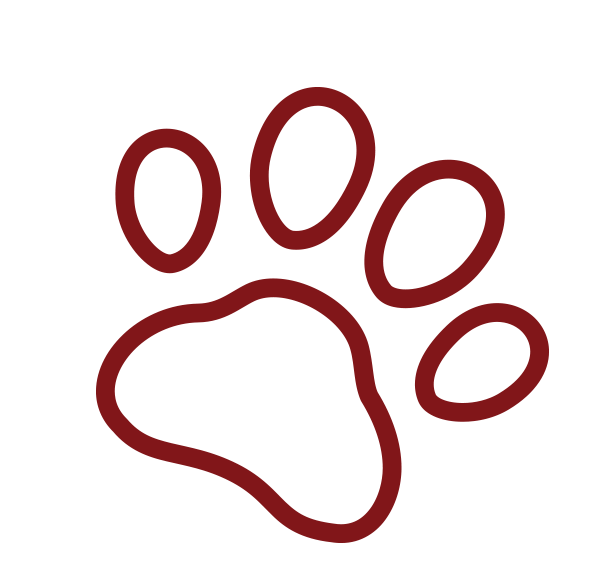Excessive Dog Drooling in Your Canine Companion
Let’s face it, some dogs drool much more than others. While a lot of drooling is completely normal for some dogs, it can also be a sign that something is wrong with your furry friend. This is especially true if your dog is not known for drooling, and they are suddenly drooling a lot for some reason.
There are many possible causes for excessive drooling in dogs. Most of the time dogs drool excessively because they are feeling anxious or experiencing some pain in their mouth. However, there are some other causes for excessive drooling as well.
In this article, we will be explaining everything that dog owners need to know about excessive drooling in dogs. This will include describing all the causes of this unusual symptom and when you should take your dog to the vet for excessive drooling.
How to Tell the Difference Between Typical and Excessive Drooling in Dogs
Knowing your dog is key to being able to tell the difference between normal and abnormal drooling. Some breeds are simply more slobbery than others. For instance, owners of English Bulldogs, Mastiffs, and Saint Bernards are definitely going to deal with a lot of drool.
Additionally, it is normal and common for dogs to drool when they are very hungry or are anticipating eating a treat. This is normal behavior in dogs, and it is nothing that dog owners need to worry about.
9 Causes for Excessive Drooling in Dogs
There are many different possible causes for excessive drooling in dogs. They range in severity from mild to very severe. Here are the 9 causes of excessive drooling in dogs.
1. Dental Disease
Dental disease is extremely common in dogs, and it commonly causes dogs to experience pain in the mouth. Unfortunately, this pain also causes dogs to drool and have difficulty eating. In addition to mouth pain and drooling, dental disease also causes dogs to have foul-smelling breath.
2. Problems in the Mouth
Problems in the mouth also cause pain, and this can lead to excessive drooling in dogs as well. Tumors and injuries in the mouth are the most common causes of pain in the mouth besides dental disease. These are often very painful and extreme conditions, so you should take dogs to the vet immediately if you believe they have this problem.
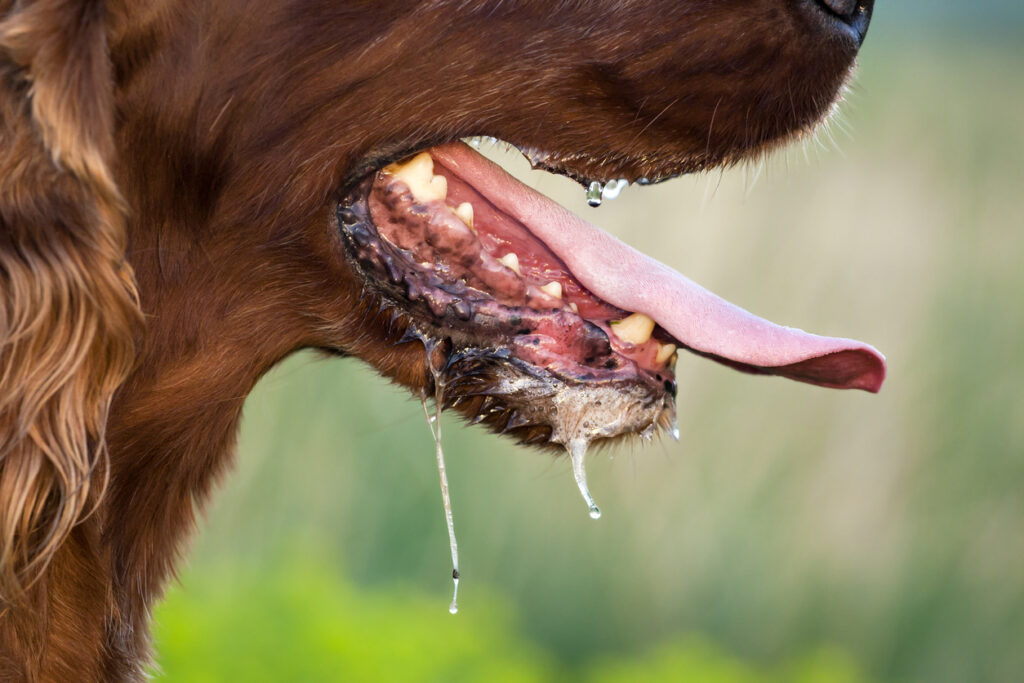
3. Anxiety
Interestingly, high levels of anxiety and stress can also cause excessive drooling in dogs. While anxiety is one of the least serious causes of excessive drooling in dogs on our list, it is still a good idea to visit a vet about this issue if anxiety occurs often in your dog.
4. Toxins and Poisoning
Ingesting toxins and poisons can also cause dogs to drool excessively. In addition to excessive drooling, dogs experiencing poisoning will also experience things like vomiting, diarrhea, and trembling among other symptoms. Poisoning is considered a medical emergency, and it requires emergency veterinary care.
5. Gastrointestinal Diseases
Gastrointestinal diseases can also cause excessive drooling in dogs. Some GI diseases causing this can include but are not necessarily limited to:
- Pancreatitis
- Gastritis
- Esophagitis
- Inflammatory Bowel Disease
Diseases affecting the GI tract tend to be very serious, and they require urgent veterinary care.
6. Intestinal Blockage
An intestinal blockage can also cause excessive drooling in dogs. In addition to drooling, dogs with an intestinal blockage may also experience vomiting, constipation, and/or blood in vomit or stool. Dogs will usually get an intestinal blockage by eating objects that they cannot digest. This is an extremely dangerous and life-threatening condition that requires emergency care.
7. Neurological Conditions
Some neurological conditions can cause excessive drooling in dogs as well. Mainly, this is a sign that a dog has difficulty swallowing due to their neurological condition or that there is damage to the nerve that is connected to the salivary gland.
Neurological conditions can also cause symptoms like lethargy and uneven pupils in the eyes. Neurological conditions are often very severe and complex, so you should take your dog to the vet right away if you suspect that they may have one.
8. Infectious Diseases
Some infectious diseases can also cause dogs to drool excessively. The viral infection of rabies and the bacterial infection of tetanus are the main diseases that cause excessive drooling in dogs.
Unfortunately, while tetanus in dogs is treatable, rabies is always a deadly condition when it develops. This is why rabies prevention in dogs through the rabies vaccine is so important. All infectious diseases in dogs should be promptly treated by a vet.
9. Chemical and Electrical Burns
Chemical and electrical burns can also cause drooling when they occur in the mouth. This can happen when dogs bite on things like batteries and electrical cords. In addition to drooling and pain in the mouth, chemical, and electrical burns can cause a dog’s mouth to be very red or have lesions. Prompt veterinary care will help prevent infection and make your dog feel more comfortable.
When to See a Vet
You should take your dog to the vet for excessive drooling if:
- Drooling is unusual for them
- They are showing signs of having pain, lesions, tumors, or an injury in their mouth (urgent)
- They are showing signs of dental disease
- They are showing signs of being sick (urgent)
- They are exhibiting other worrying symptoms alongside excessive drooling
- They are showing signs of poisoning (emergency)
- They are showing signs of an intestinal blockage (emergency)
- They experience frequent anxiety episodes
Can Excessive Drooling in Dogs be Treated?
Yes, oftentimes excessive drooling in dogs can be treated. However, the first step to treating excessive drooling in dogs is to diagnose its cause. Once a vet has diagnosed what is causing your dog’s drooling, they can then treat that condition. Once the condition has been treated the excessive drooling should also stop. Your dog will likely feel much happier and more comfortable once they have received proper veterinary care as well.
If your dog is excessively drooling near Broomfield, CO, contact Broomfield Veterinary Hospital. Call us today at 303-466-1764, or Request an Appointment Online!
